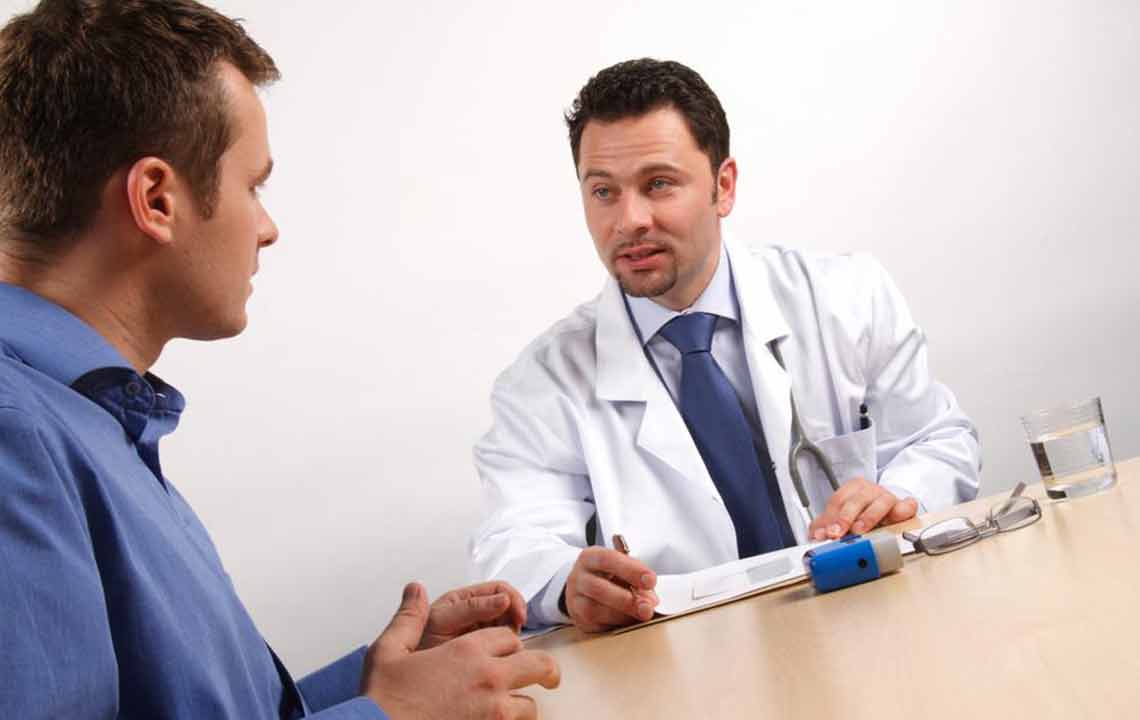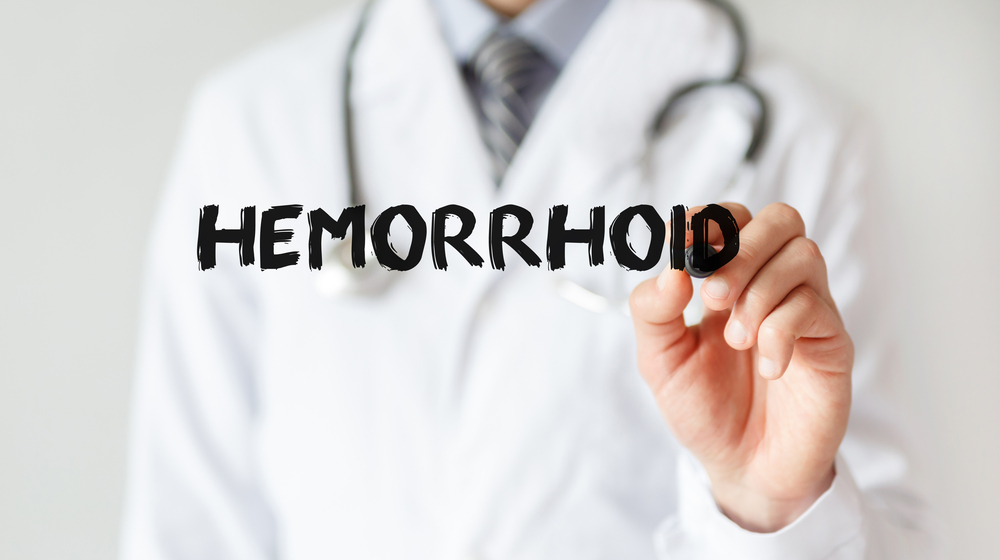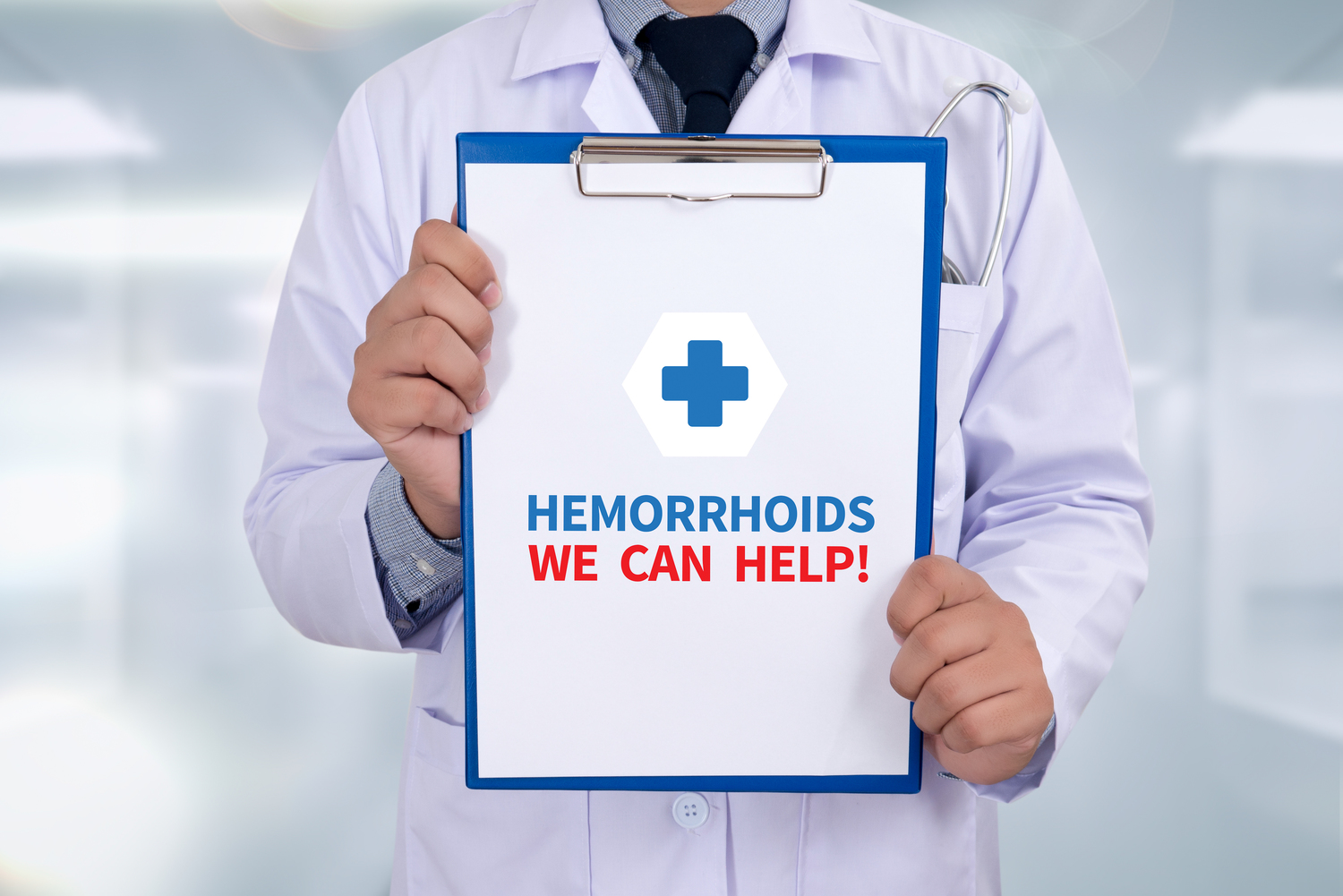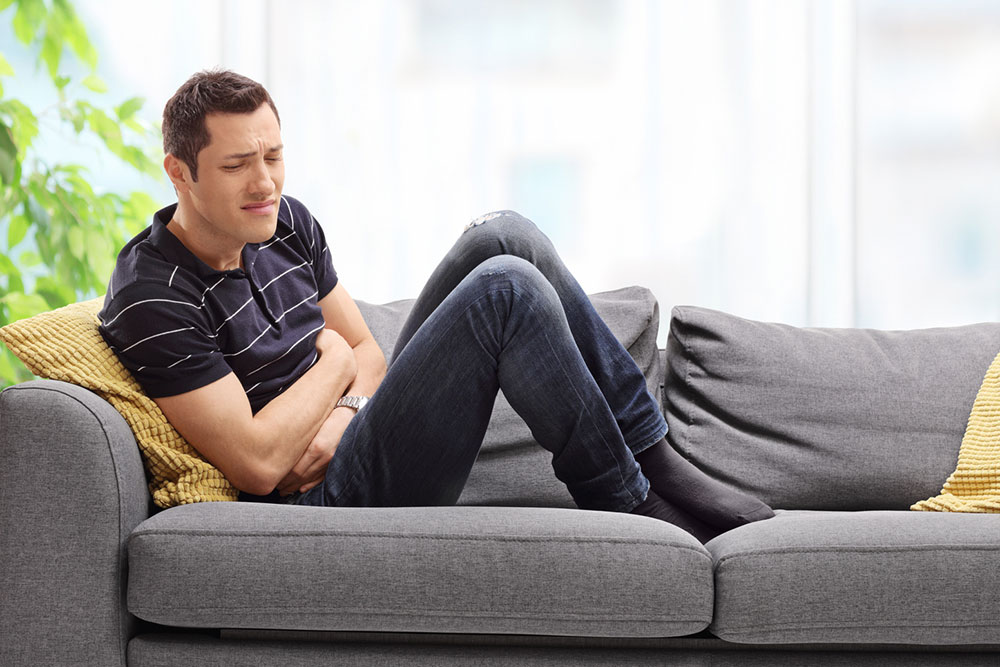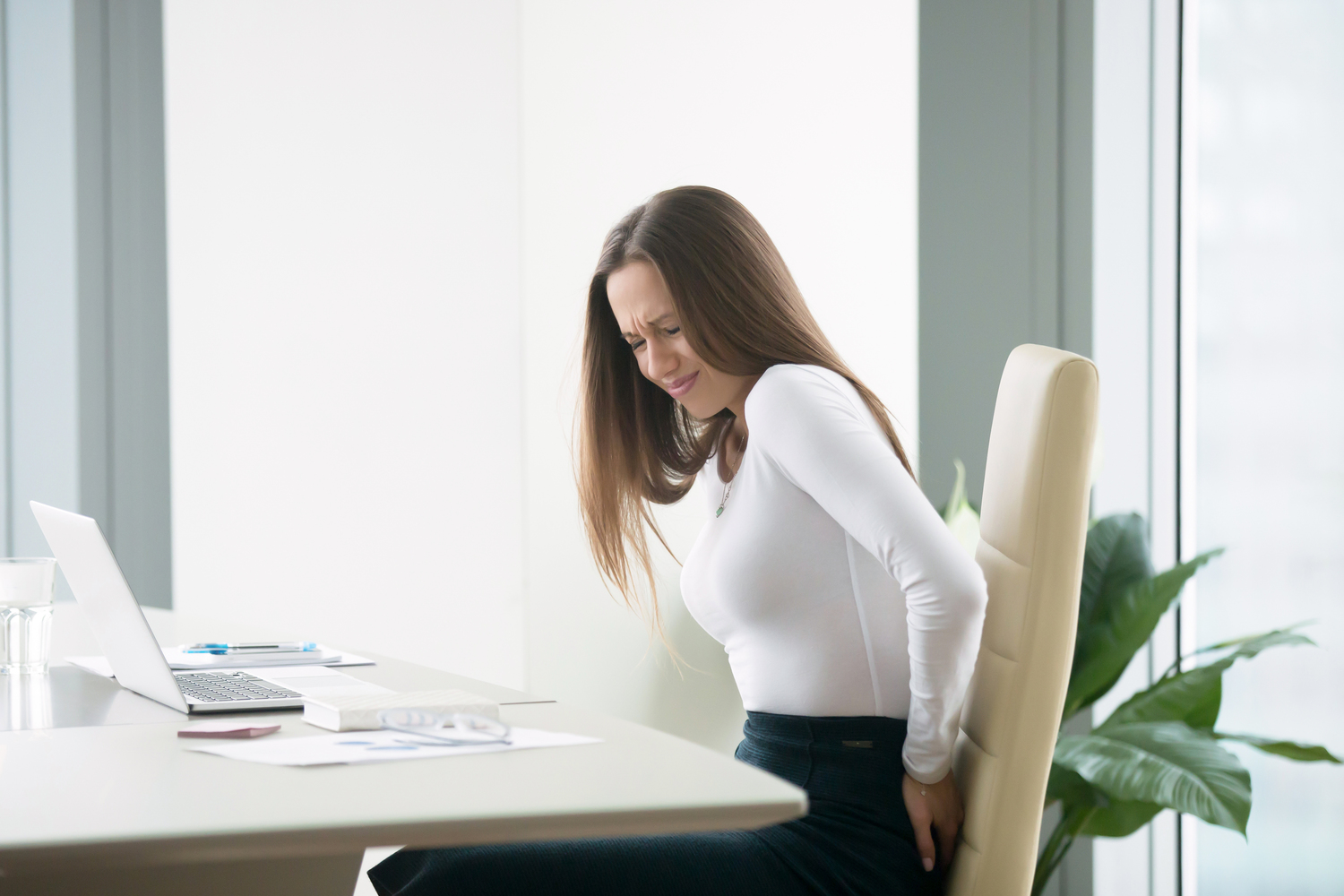Understanding External Hemorrhoids: Causes and Symptoms Explained
This article explores external hemorrhoids, highlighting their causes and symptoms. It explains different types of hemorrhoids, common signs like pain, itching, and bleeding, and discusses contributing factors such as straining during bowel movements, pregnancy, and lifestyle choices. Treatment options range from home remedies to medical procedures, emphasizing the importance of consulting healthcare professionals for proper management. An essential guide for those experiencing hemorrhoid symptoms or seeking preventive measures, providing practical insights for overall anal health.

Understanding External Hemorrhoids: Causes and Symptoms Explained
What leads to external hemorrhoids and how do they present?
Hemorrhoids, commonly called ‘Piles,’ involve swollen veins near the anus or lower rectum. These enlarged vessels result from increased pressure due to straining or improper bowel movements. They are prevalent among middle-aged men and women. Symptoms may be mild or intense, including discomfort, itching, and bleeding. Types of hemorrhoids include internal, external, and thrombosed, each with distinct features and symptoms.
Signs of external hemorrhoids include:
Blood on stool, tissue paper, or clothing during bowel movements.
Intense itching around the anal area.
Severe pain during and after defecation.
Discomfort when sitting or walking, accompanied by itching.
Swelling or lumps around the anus, often tender and painful.
A lump that may protrude outside the anus, sometimes thrombosed.
What causes external hemorrhoids? Hemorrhoids may develop when veins in the rectal area swell due to increased pressure. While not fully understood, factors include straining due to constipation, prolonged sitting, pregnancy, obesity, and low fiber intake. Repeated strain or injury during bowel movements can trigger inflammation, leading to piles.
Treatment options include: Home remedies like increased fiber, hydration, and topical treatments can help in mild cases. Severe or persistent hemorrhoids may require medical interventions such as medications or surgical procedures. Consulting a healthcare professional ensures effective management of symptoms and prevention of complications.

